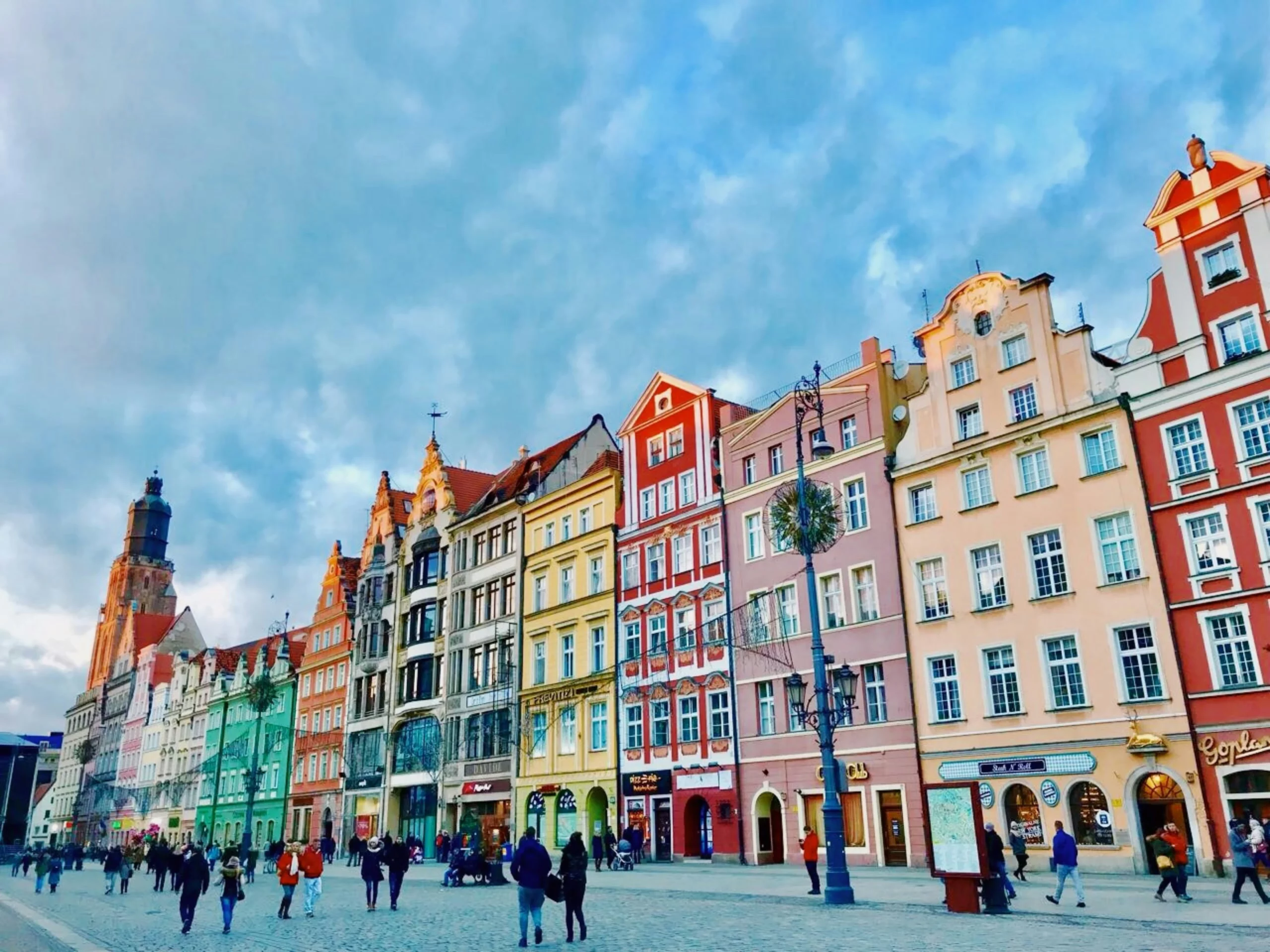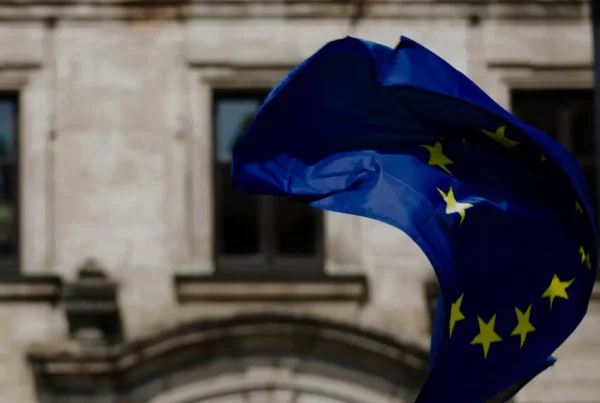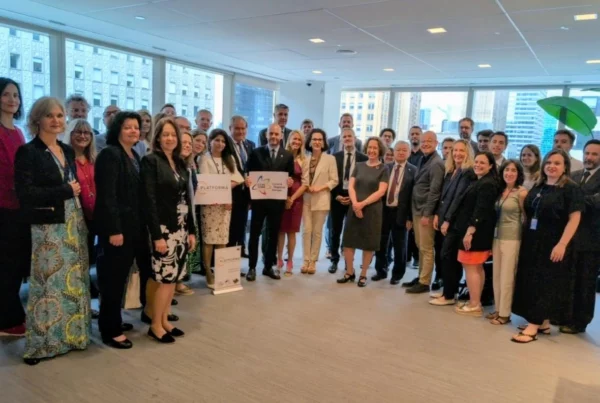Country Profile on decentralised development cooperation: the case of Poland
The country profiles offer a short overview of national models of (decentralised) development cooperation frameworks in selected EU Member States. The aim is to provide insights into specific mechanisms and modalities of analysed national frameworks and identify enabling factors as well as challenges related to practical implementation, focusing on the role and opportunities for local and regional governments and their associations.
Where does Poland stand when it comes to decentralised development cooperation (DDC)?
Based on the survey, Poland’s approach to DDC is characterised by:
1. Focusing on cooperation with Eastern European countries – with Ukraine, Georgia, and Moldova. Polish local governments actively support partners through strategy development, peer learning, and implementation support.
2. Highlighting the vital role of direct local-level partnerships in times of crisis, including twinning and hands-on collaboration despite the ongoing war.
3. Polish municipalities have developed strong expertise in accessing EU funds and designing effective local strategies, which they can use in their partnerships.
This article is part of a series of 7 Country Profiles examining decentralised development cooperation frameworks across Europe. The second edition, focusing on Germany, will be published in September. Stay tuned!
Read the Country Profile, available in four languages:
CEMR encourages Polish authorities to strengthen the role of LRGs in development policy, not only as implementers, but also as strategic partners helping shape a more resilient, inclusive and effective development agenda.
Produced under the 𝗠𝗜𝗡𝗗𝗖𝗥𝗔𝗙𝗧 𝗽𝗿𝗼𝗷𝗲𝗰𝘁, in collaboration with PLATFORMA, funded by Bundesministerium für wirtschaftliche Zusammenarbeit und Entwicklung (BMZ) and supported by Deutsche Gesellschaft für Internationale Zusammenarbeit GmbH.
For more information, contact:

Research Analyst – Decentralised Cooperation





